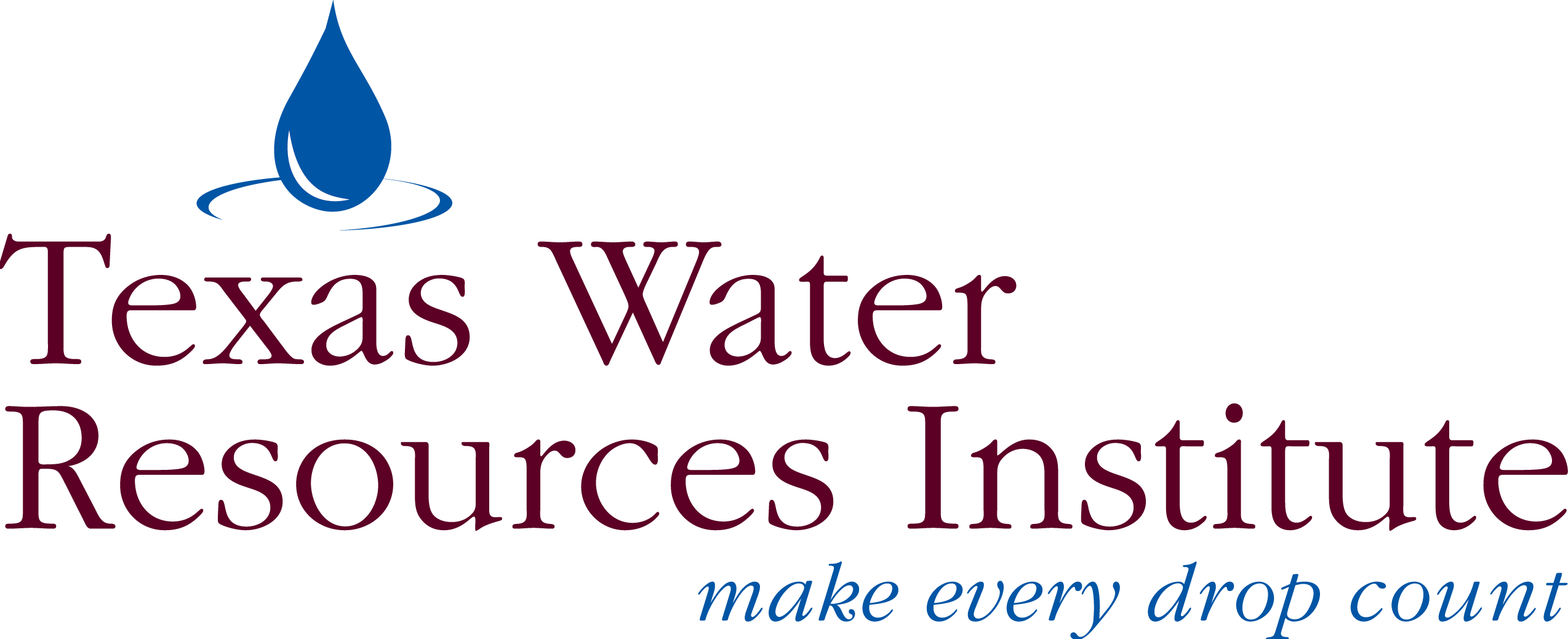Article originally written by Cameron Castilaw
The Texas Groundwater Protection Committee (TGPC) has worked for more than 30 years to steward groundwater across the state. While Texas’ population has grown and urbanized in those decades, TGPC has continually worked to understand and address Texas’ groundwater quality issues.
“Membership has evolved over the years, but our mission has always pretty much been the same,” said TGPC Designated Chairman Kelly Mills. “We coordinate groundwater protection programs within the state of Texas, which has different agencies implementing them through federal and state laws.”
The history of TGPC
A bill passed by the 71st Texas State Legislature in 1989 created TGPC in Chapter 26 of the Texas Water Code. It was originally composed of seven members: the chief executives of the Texas Water Commission (now the Texas Commission on Environmental Quality, TCEQ), the Texas Water Development Board, the Railroad Commission of Texas, the Texas Department of Health (now the Texas Department of State Health Services), and the Texas State Soil and Water Conservation Board, as well as the Deputy Commissioner of the Department of Agriculture, and a representative of the Texas Groundwater Conservation Districts Association (now the Texas Alliance of Groundwater Districts).
Estimated reading time: 4 minutes
TGPC brings together members from different agencies and organizations to help protect Texas groundwater
More Information
Want to get txH20 delivered right to your inbox? Click to subscribe.
In 1993, TGPC saw the 73rd Texas State Legislature amend the Texas Water Code to extend committee membership to the Texas Agricultural Experiment Station (now Texas A&M AgriLife Research) and the Bureau of Economic Geology at the University of Texas at Austin (the Bureau).
The legislature set TGPC’s duties as:
coordinating groundwater protection activities of the agencies represented on the committee; developing and updating a comprehensive groundwater protection strategy for the state; studying and recommending to the legislature groundwater protection programs for areas where groundwater is not protected by current regulation; filing a report on the committee’s activities and recommendations with the governor and the legislature; and publishing a joint groundwater monitoring and contamination report.
“Many of our programs and a lot of our efforts are geared towards prioritizing and helping private water well owners protect our groundwater resources,” Mills said.
TGPC accomplishes most of its work through its three subcommittees (groundwater issues, public outreach and education, and legislative report), made up of agency and organization members and the general public. The subcommittees address specific groundwater issues or areas of program development and keep TGPC apprised of ongoing issues and projects. The subcommittees report and provide recommendations to TGPC at its regularly scheduled meetings. At its meetings, TGPC considers the findings and recommendations of the subcommittees, and after holding discussion, takes action as it finds appropriate for each issue. The public can also participate in the subcommittee process.
TGPC today
As of January 2024, TGPC has produced various reports and educational materials for the state, including:
- 17 reports to the legislature with recommendations.
- 34 Joint Groundwater Monitoring and Contamination Reports, tracking 22,534 cases of groundwater contamination.
- Numerous brochures, fact sheets and white papers on groundwater-related subjects.
- Three Pesticide Management Plans.
- Three groundwater protection strategies for the state.
TGPC membership has grown, with the most recent addition being in 1999, when House Bill 1848 amended TGPC’s enabling law to provide that a representative of the Water Well Drillers and Pump Installers Program of the Texas Department of Licensing and Regulation selected by their executive director serve as a member of TGPC.
While much of the committee’s mission has not changed, improvements in online resources for reports and public outreach and education efforts have helped TGPC reach a wider audience. TGPC’s funding for its activities comes from TCEQ, which receives this money through a U.S. Environmental Protection Agency Clean Water Act grant.
“We have small amounts of money that we use to contract with the Bureau to study certain naturally occurring constituents (e.g., arsenic, fluoride, and nitrate),” said Abiy Berehe, TCEQ groundwater planning and assessment team leader. “We also have a contract with the Texas A&M AgriLife Extension Service to develop fact sheets about drinking water supplied by private water wells to help with outreach and education activities throughout the state.”
Another long-term outreach effort of the committee is addressing abandoned and deteriorated private water wells, Mills mentioned.
“We all share the common goal of protecting groundwater for the state of Texas.”
Kelly Mills
“Abandoned wells are a conduit for contamination and a public health risk,” Mills said. “TCEQ publications RG-347 and RG-347 especially provide landowners with the options that are available and the details on how to address this hazard.”
In its three decades of existence, TGPC has worked to bridge the gap between Texas groundwater agencies and organizations to improve groundwater quality for the state.
“We all share the common goal of protecting groundwater for the state of Texas, ” Mills said.



